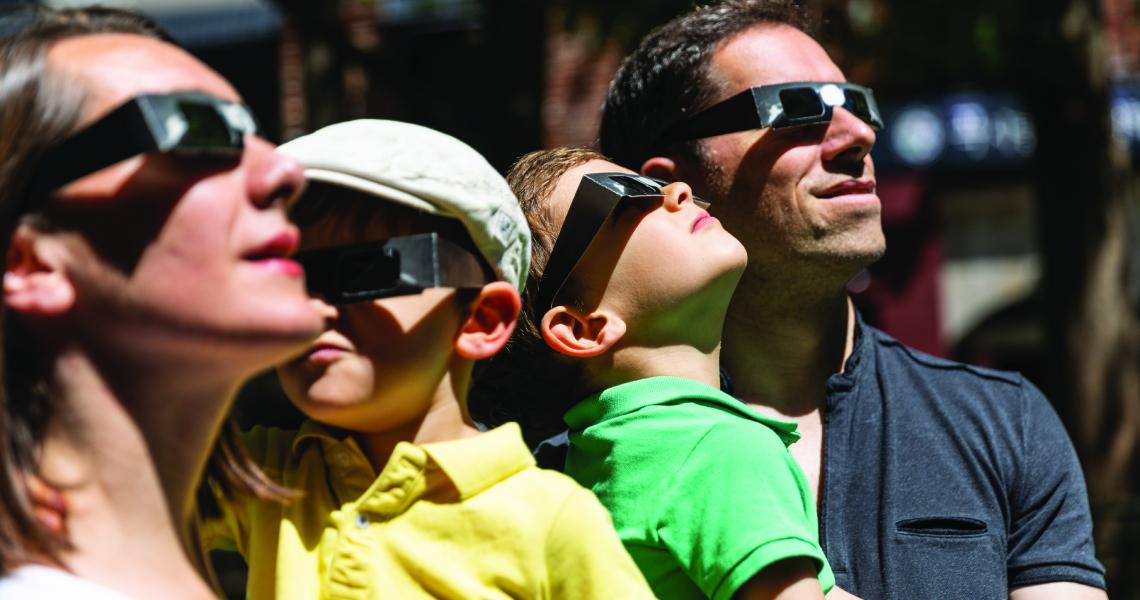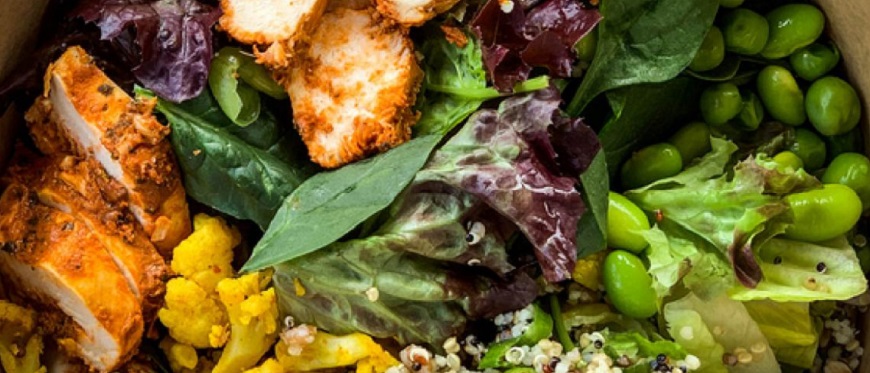March is Colorectal Cancer Awareness Month. Colorectal cancer is a preventable, treatable disease if caught early.
Here are some myths and truths about cancer and colonoscopies to encourage you to take the first step in scheduling your colonoscopy.
Myth: Colon cancer only affects men.
Colorectal cancer is almost as common among women as men. Each year in the US, about 71,000 men and 64,000 women are diagnosed with colorectal cancer.
Myth: Colonoscopy is unpleasant and uncomfortable.
Preparing for a colonoscopy involves cleaning the colon, typically with the help of special drinks consumed a day or two before the procedure. Many options are available to help you find something that is tolerable. For the actual procedure, patients are sedated to eliminate discomfort. The procedure itself takes 15-30 minutes and you can resume normal activities the next day.
Myth: Colorectal cancer cannot be prevented.
Colon cancer is a preventable and highly treatable cancer when caught at an early stage. People who are diagnosed at early stages have a greater than 90 percent chance of cure and surviving. In contrast, people who have advanced stages of colorectal cancer have a lower chance of a cure; fewer than 10 percent will be alive five years after diagnosis. Therefore, it makes good sense to get screened for colorectal cancer.
Myth: Age doesn’t matter when it comes to getting colorectal cancer.
Most colorectal cancers are found in people age 50 and older. For this reason, the American Cancer Society recommends you start getting checked for this cancer when you’re 50.
If you are younger but have other risk factors, such as a family history of colon cancer, obesity, smoking, ulcerative colitis or Crohn's disease, talk to your doctor about your screening needs.
Myth: You don't need to get screened for colon cancer if there is no family history of colon cancer.
Most people with colorectal cancer do not have a family member with the disease. Only 10 to 20 percent of people who have colorectal cancer have a family member with colorectal cancer. You can still get colon cancer even if no one in your family has ever had it.
What’s keeping YOU from getting your colon cancer screening? Contact Theresa Lever, our Patient Navigator and cancer screening Cheerleader, with your questions and concerns at theresa.lever@cvmc.org or 225-5449.
Sources:
American Society for Gastrointestinal Endoscopy - http://www.screenforcoloncancer.org
American Cancer Society - https://www.cancer.org/cancer/colon-rectal-cancer/five-myths-about-colorectal-cancer.html





